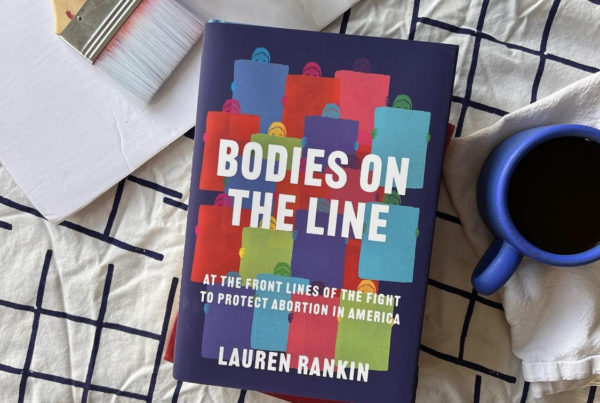More than half of all abortions in the United States are known as “medication abortions,” according to the Guttmacher Institute. People terminate their pregnancies at home by taking a combination of two pills, and those pills can be easily sent through the mail. So how would Texas regulate those types of abortions should Roe v. Wade fall?
University of Texas at Austin reproductive law expert Elizabeth Sepper said current Texas law on this topic is instructive, since SB4 already bans medication abortion in Texas starting at seven weeks of pregnancy. It’s a state felony punishable by a $10,000 fine and up to two years in prison.
“That also applies to those who would ship medication abortion into Texas,” Sepper said.
In fact, Senate Bill 4 makes it a crime to send abortion medication through the mail at all in Texas. That’s a practice that became common nationwide after the FDA approved it in April 2021 to limit in-person doctor visits during the COVID-19 pandemic.
But what if the medication is shipped from a state where medication abortion remains legal? Or if it comes from another country, like Mexico?
“The crime could be thought to have taken place in the state of Texas if the medication abortion is taken in Texas,” Sepper said. “You might say that’s the site of the crime; where the death of the fetus or the embryo occurred.”
This is something known as long arm jurisdiction.
But if people buy abortion medication through the mail from Mexico, how do Texas authorities enforce the ban? Sepper said that is difficult.
















